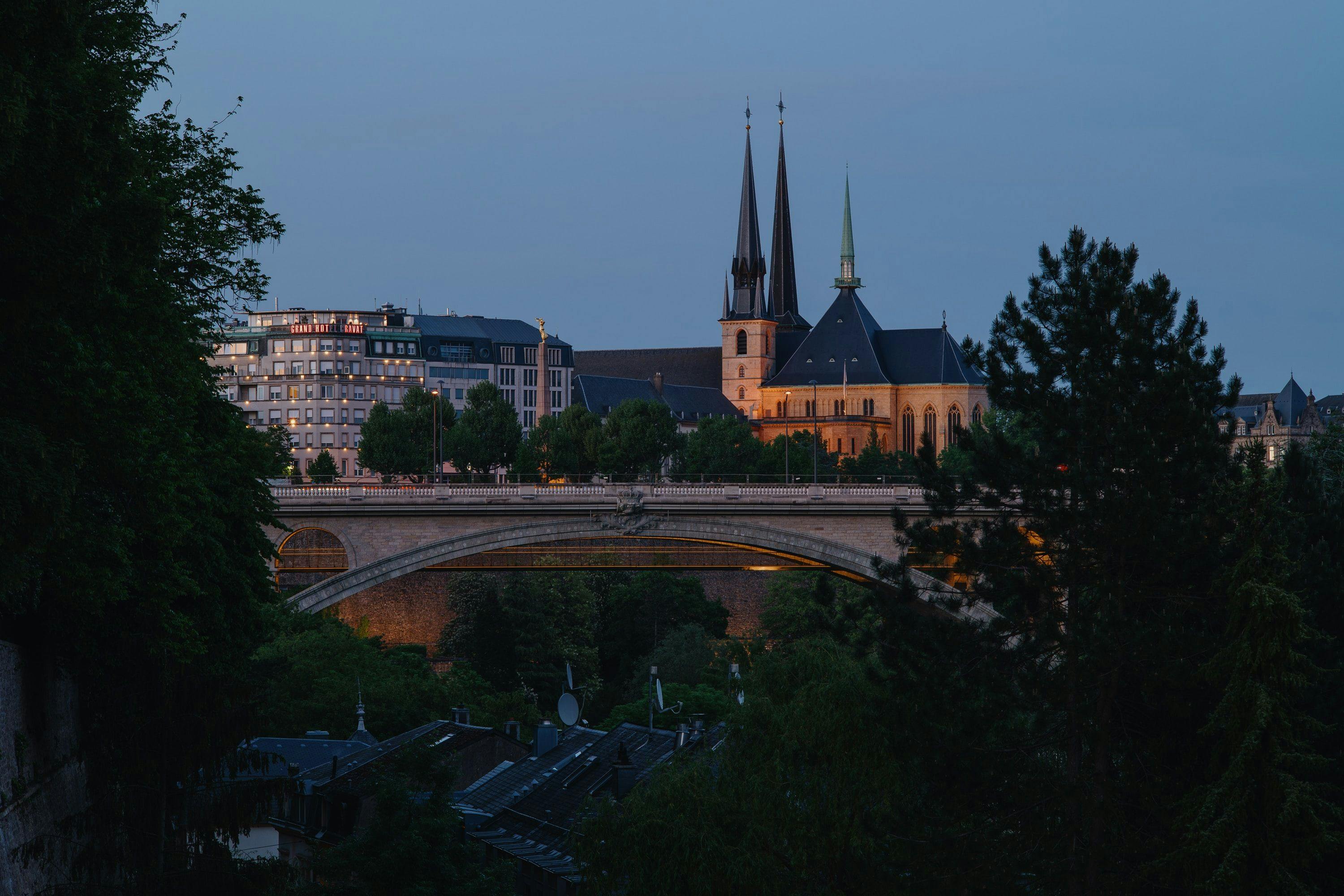
How to obtain Luxembourg citizenship
There are several ways to obtain Luxembourg nationality. Naturalization remains the most popular, but it is by no means the only option. In this guide we will look at the process in detail, step by step.
There are several ways to become a Luxembourg citizen. In this guide we will look at the most common method — acquiring citizenship by naturalization. Naturalization is a legal process of acquiring citizenship based on the voluntary wishes of the applicant or his/her trustees. It is perfect for those who came to Luxembourg on a work visa or Blue Card.
Naturalization is a popular and easy way to obtain citizenship, but there are certain requirements that must be met.


Read article
The list of documents required when applying for citizenship by naturalization is not very long, but all of them are extremely important.
All documents must be translated into one of the official languages of Luxembourg and certified by a sworn translator.


A biographical questionnaire is a type of statement that you must submit with your documents. You can download it and review the information you need to provide.
Integration courses are an initiative of the Grand Duchy. The aim is to introduce the main historical milestones, the social and legal norms and the particularities of life in Luxembourg to a person wishing to acquire citizenship or to stay in the country for a longer period of time.
Course registration is final and cannot be changed. This means that if you are unable to attend classes for any reason, you will have to wait until the end of the current course and exams to re-register.
The course and exam cover the following subjects
The final exam for the course may be multiple choice or yes/no. You can take the exam after you have completed the entire course, or you can take it immediately without waiting for the course to end and without attending class.
If the physical or psychological condition of a candidate for Luxembourg nationality does not allow him or her to acquire knowledge of the subjects, it is possible to obtain an exemption from the course and the examination. This exemption is granted directly by the Minister of Justice, accompanied by a medical certificate from a specialist doctor.

Registration for the course is free of charge
It is open to anyone who is 18 years of age or older
Knowing the Luxembourgish language is an important step in acquiring citizenship. The language is a national treasure and the pride of the Grand Duchy, so you must learn it anyway.
There are many courses and teachers. In this matter, the State does not limit your choice in any way: you can turn to the teacher you prefer.
Vika, teacher of Luxembourgish
As you have already understood, the exam consists of two blocks: Listening and Speaking, and there is no Written section. To pass the exam, you must score at least half of the maximum score.
If you fall short on the Speaking section, you can make up for it by scoring higher on the Listening section.
The Speaking part equals level A2 of the Common European Framework. At this level, a person has the following skills
- Can introduce him/herself and talk about family, other people, living conditions, education and work in simple language.
- Can describe and compare people, things and activities in a simple way.
The structure of the speaking section of the exam is based on this:
Listening, or the ability to take in information by ear, is implicitly considered a less important part of the exam. That's why some of the points from here can be retaken if you fall below the minimum threshold in speaking.
The listening material corresponds to level B1 of the Common European Framework of Reference for Languages. The main skills, which are being reviewed:
- Understand the main points while using clear and standardized language and familiarizing the examinee with the subject matter being described.
- Understand the content of radio or television programs on current events or topics of personal or professional interest.
This part of the exam is assessed in the form of a test. Each candidate will receive a form with questions to be answered while listening. This block consists of 3 fragments.
The cost of the exam is 75 euros, and the exam is considered passed if the arithmetic average of the two blocks exceeds half of the total possible points.
You can try to take the exam an unlimited number of times, but you must pay to take it each time.
If the physical or psychological condition of a candidate for Luxembourg nationality does not allow him or her to study the Luxembourg language, it is possible to obtain an exemption from the course and the examination. This exemption is granted directly by the Minister of Justice, accompanied by a medical certificate from a specialist doctor.
The naturalization process is free of charge. However, there may be costs associated with earlier steps: translation of documents, taking exams, and others.
| Expenses | Cost |
| Request for references | 30-50 euro |
| Translation of documents | 300 euro per family with one child |
| Exam | 75 euros for 1 attempt |
| Language study | The average cost of a lesson is 50 euros |
| Criminal record certificate | May be charged in countries of previous residence |
Total
Associated costs will be ~500-600 euros.
The application and the complete set of documents from Step 2 of this guide are submitted to the civil registry office of the municipality where the applicant resides.
If the documents are correct
If the documents are not correct
The application for naturalization must be signed by the applicant or his/her legal representative. Signing by proxy is prohibited.
Please note that by signing the application form, the applicant authorizes the Ministry of Justice to request Certificate No. 2 on Criminal Record from the Public Prosecutor's Office. The Ministry may request additional documents if the documents submitted by the candidate are insufficient or do not meet the requirements to prove the necessary criteria.
Normally, it takes up to eight months for the Department of Justice to review a file. However, due to COVID-19 and the increase in the number of refugees, this period has been increased to 10 months. This means that your specific case may be reviewed sooner, but it is worth focusing on this timeframe.
If a positive decision has been made on your application, the Ministry will send you a confirmation by mail. The same applies to a negative decision.
A small lifehack
You can follow the decision of the Ministry of Justice on the website Guichet.lu: in your personal cabinet, in the section "Personal information", section "Nationality". The information there will be updated faster than you will receive a letter in the mail.
Frequently Asked Questions (FAQ)
Is it possible to become a citizen through naturalization if you came to the country to work
Is it mandatory to pass the country and language exams
How long does the naturalization process take
Source: guichet.public.lu
We took photos from these sources: Unsplash